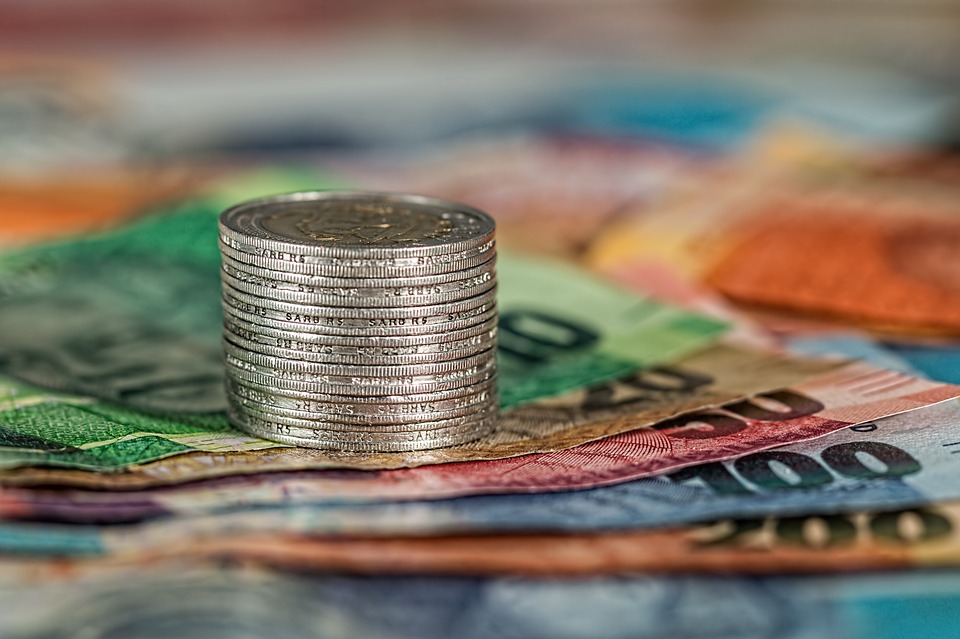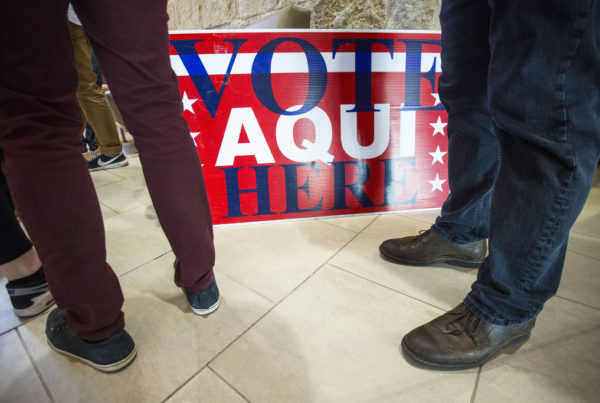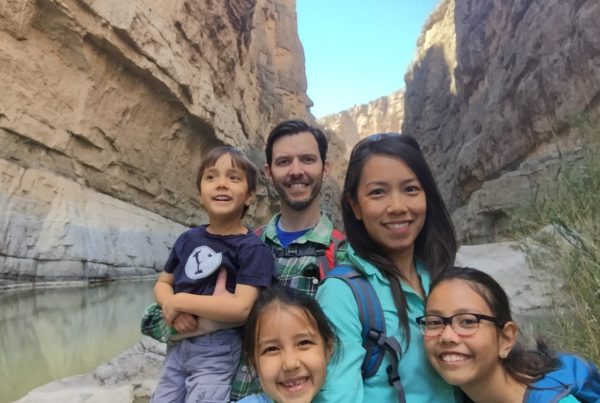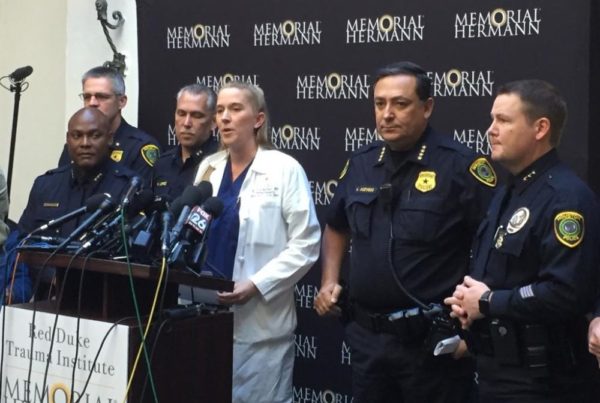Not since the heady days of the dot-com boom more than 20 years ago has Austin witnessed so much venture capital cash invested in a single year. $1.33 billion in venture funding was invested in companies in and around the Capital City in 2018. Similar investments are being made statewide. According to PricewaterhouseCoopers, Texas companies landed $2.2 billion in VC cash. Are happy days here again? The situation appears to be a bit more complicated than it was in the past.
Austin American-Statesman Business and Technology Reporter Sebastian Herrera says it’s not that more startups are getting funded, but that those that do receive investment are getting more money. In 2018, the number of deals in Austin increased by one, over the previous year. But the total amount of VC investment local startups received was up $500 million.
Herrera says the Austin startup market is mature, meaning that companies are attracting larger investments. He also says the market has diversified; it’s not just software companies getting funding, but tech-enabled service firms, ecommerce and health tech.
“The caveat is that more investment doesn’t necessarily mean healthier activity, because you could have a tech company that gets a lot of money, but ends up not doing so well five years from now,” Herrera says.
But as startup investment increases, the pipeline to an initial public offering, or IPO – the traditional exit strategy for VC investors – is constricted. Herrera says one major index of IPO activity, from Renaissance Capital, is down year-over-year. Companies like Uber have already stepped back from planned IPOs until the market opportunities are better.
Texas companies, including Yeti and Solarwinds, both from Austin, didn’t fare as well as expected in their recent IPOs, Herrera says.
“It really is a more difficult time to enter the public markets now than it was a year ago,” Herrera says.
Written by Shelly Brisbin.














